The digital revolution has been constructed upon a foundation of programming languages that drive everything from smartphones to supercomputers. Whether you're an experienced developer or just beginning your coding adventure, knowledge of the features and uses of popular programming languages can lead you to success.
Python: The Swiss Army Knife of Programming
Python's simplicity and versatility have made it a favorite among developers. Whether you're venturing into web development, AI, or data science, Python's vast library base, including libraries like TensorFlow and Pandas, is all the help you could want. It's a pro and a novice's best companion.
JavaScript: The Web's Best Friend
JavaScript is the fire behind dynamic, interactive web pages. Combined with HTML and CSS, JavaScript is a must for creating engaging web experiences. Its React, Angular, and Vue frameworks enable developers to create responsive web applications. From frontend wizard to backend guru, JavaScript's popularity makes it a must-learn.
Java: Rock-Solid Reliability
Java's platform independency by means of the JVM (Java Virtual Machine) makes it a go-to development tool for mobile apps, enterprise software, and long-term backend services. Java's reliability and scalability have established Java as a software development legend over the last few decades.
C and C++: The Speed Demons
C, or the mother language, is what system programming necessitates. C++ took the place of C and added object-oriented elements to it, thus making it perfect for game design and applications calling for high-speed performance. All these languages guarantee precision and control, which is paramount in systems that consume large amounts of resources.
Swift: Apple's Code Revolution
Swift has transformed iOS and macOS app development with its simplicity in syntax and improved security features. You are making the next viral app or redesigning user interfaces, Swift makes coding easier in Apple's ecosystem.
Go (Golang): Born for the Cloud
Go is best at building cloud services and distributed systems. Developed by Google, Go is minimalist and efficient by design as it applies best to high-concurrency software. It is becoming a favorite option for backend development.
Rust: Performance Meets Safety
Rust is picking up steam for its focus on performance and memory safety. From systems programming to game development, Rust provides stability and security, a superstar on the horizon of modern coding.
PHP: The Internet's Backbone
PHP drives much of the internet, from WordPress blogs to websites of all varieties. Server-side scripting made PHP famous, and it continues to be a top pick for creating dynamic, content-rich websites.
SQL: Tapping into the Power of Data
SQL is the key when it comes to relational databases. Its querying power ensures data management and analysis are both smooth and efficient, and it is a key but specialty skill when coding.
Kotlin: Android's New Darling
Kotlin has won the heart of Android developers with its new features and Java compatibility. It is short in syntax, avoiding redundant error-prone errors and making coding more efficient.
Each programming language has something unique to share in terms of capabilities and applications, responding to different demands across industries. From developing groundbreaking technology to optimizing web-based solutions, competence in these trending programming languages will lead to unlimited opportunities in the ever-evolving tech sphere.
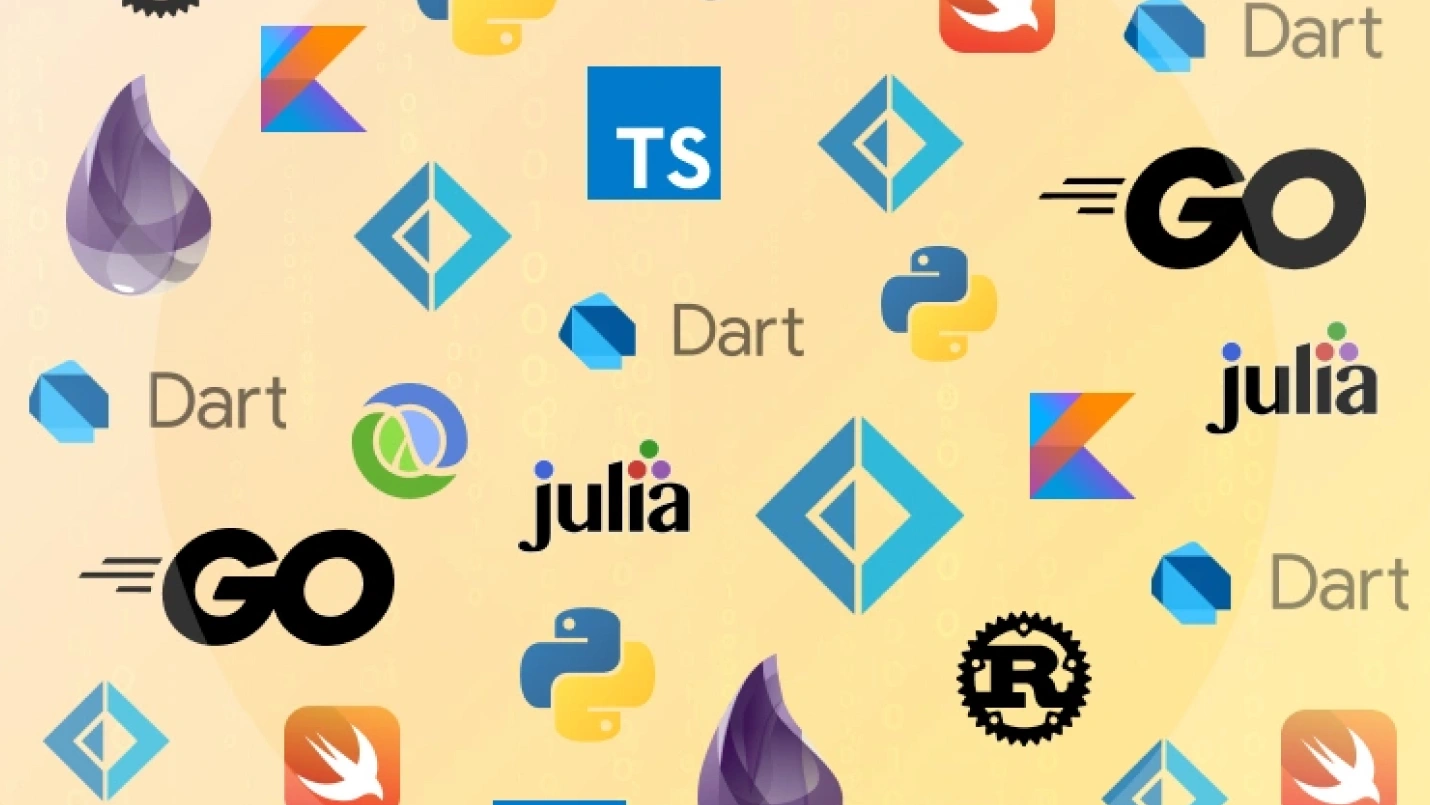

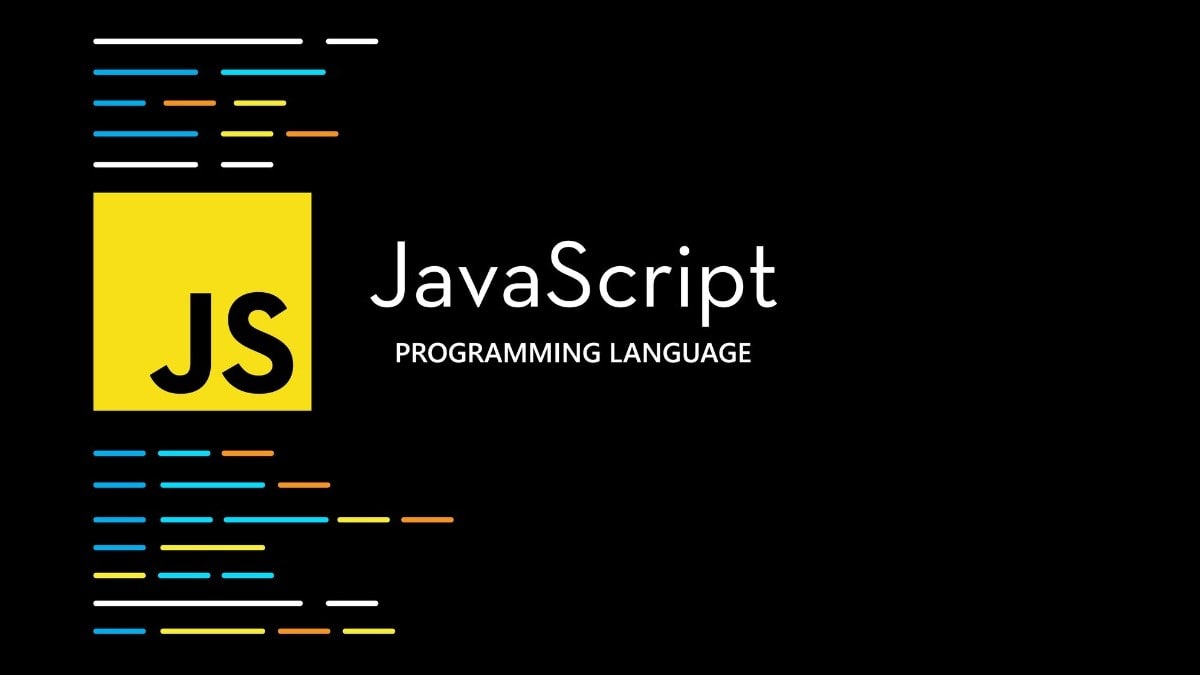
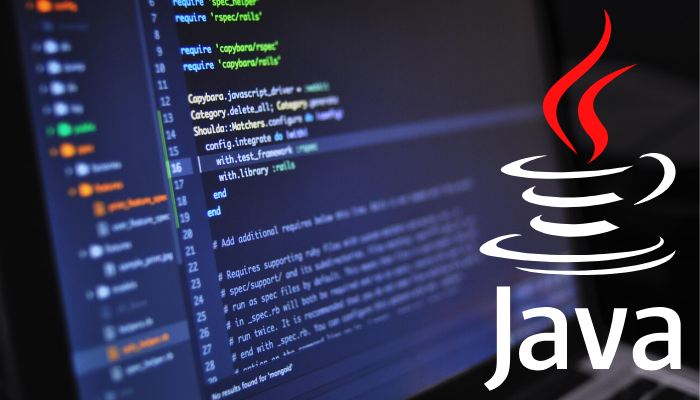
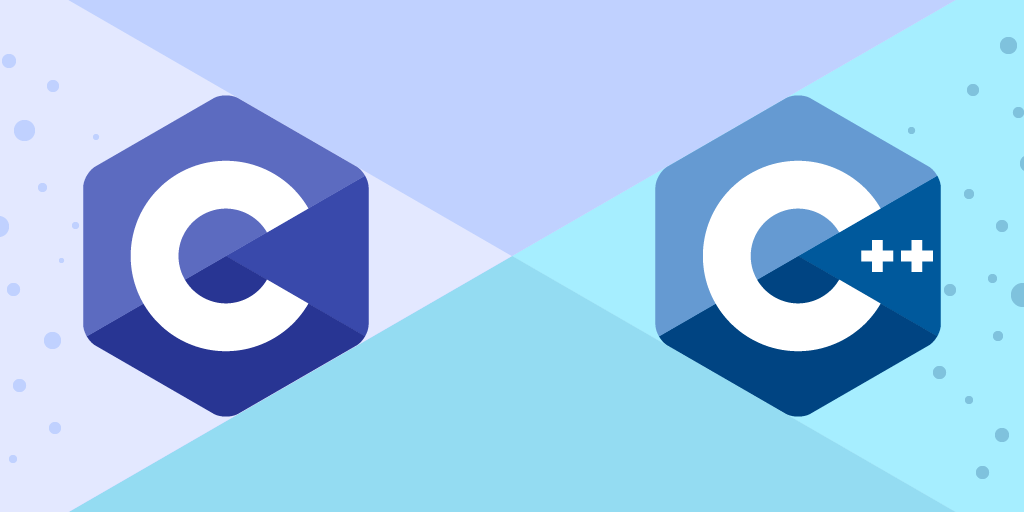
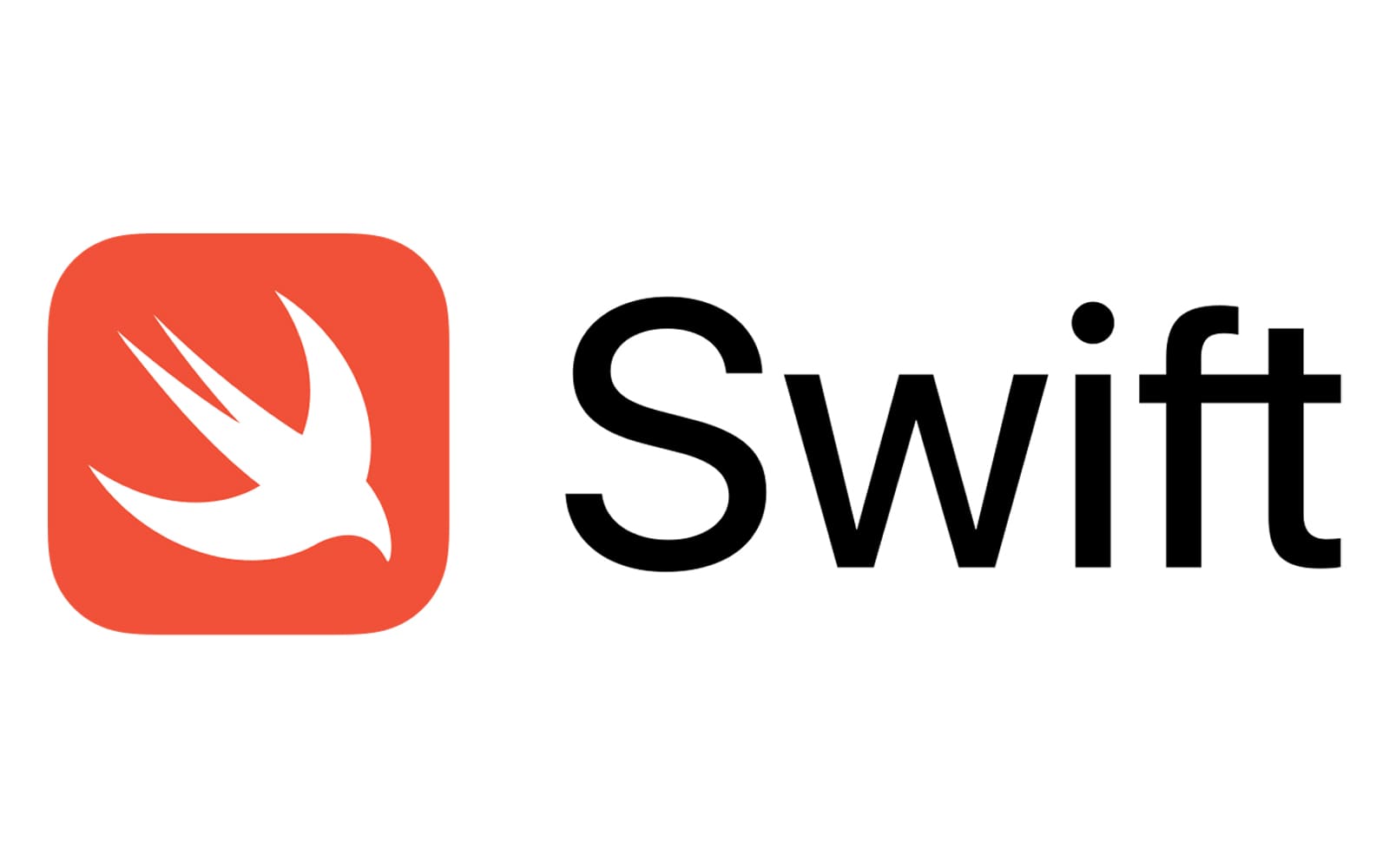
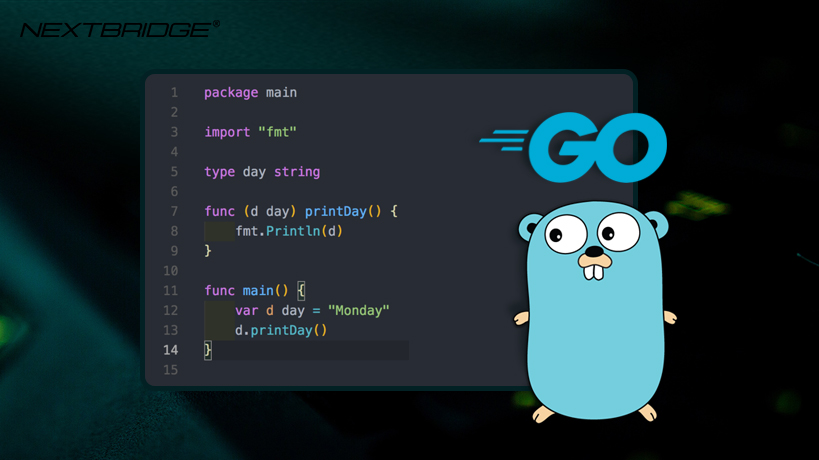

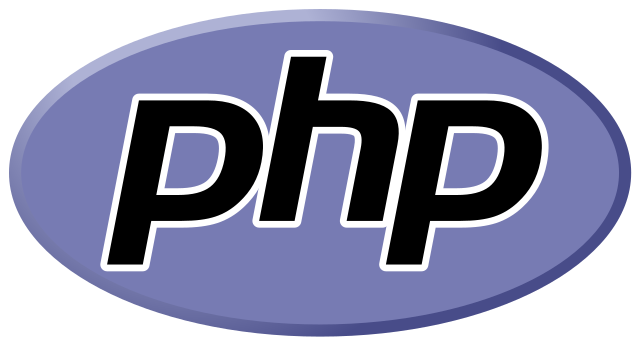

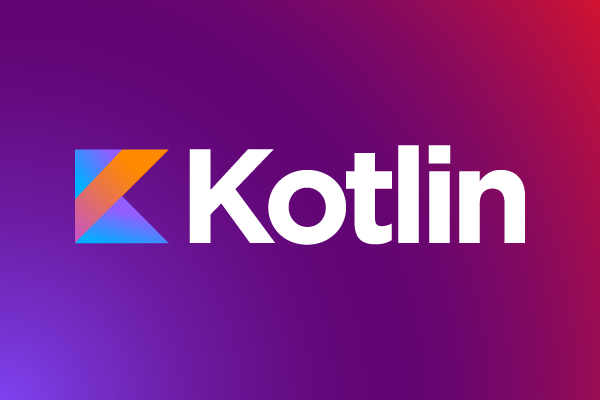
Comments
Post a Comment